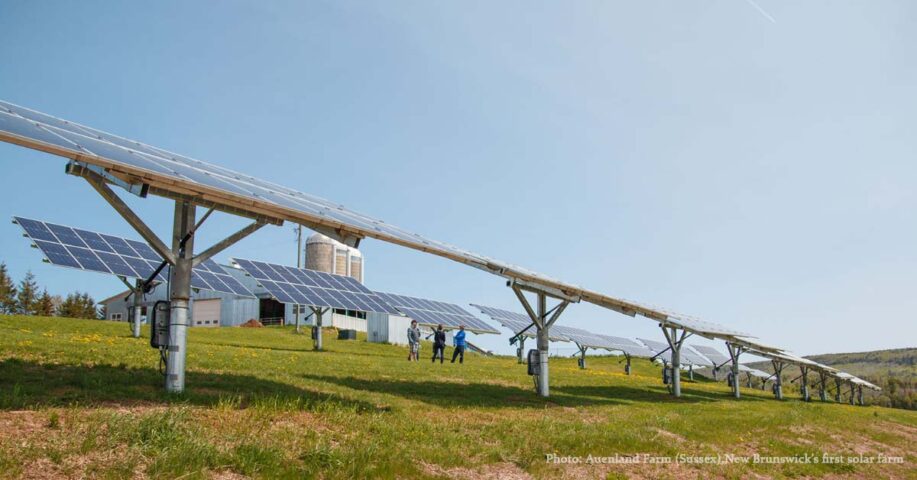Unceded and unsurrendered Wolastoqey/Mi’kmaq/Peskotomuhkati territory/Fredericton – The Conservation Council of New Brunswick’s Director of Climate Change and Energy Solutions, Dr. Louise Comeau, issued the following statement with respect to Prime Minister Justin Trudeau’s announcement today during President Biden’s Climate Leaders Summit:
While pleased to see Canada increase its commitment to climate action, we fully endorse this statement from Climate Action Network Canada’s Executive Director, Catherine Abreau, pointing out that Canada’s efforts still do not meet the ambition and urgency required to protect citizens’ health and safety in the face of the climate crisis:
“It’s good to see Canada driving up ambition and it’s not enough. The new target is not aligned with 1.5C — that would require a 60 per cent reduction goal. We hope to see Canada continue to ramp up ambition, both in future years and as NDC consultations occur in coming months on the road to Glasgow. Canada not only needs to improve its climate targets, but also pass strong legislation to meet those targets. Canada’s proposed Net-Zero Accountability Act, currently stalled in the House, must be strengthened as it contains more of a duty to report than a duty to achieve. As Prime Minister Trudeau noted, Canada is an energy exporting nation and that is one of the country’s main barriers to climate ambition. Canada’s new NDC should address emissions from oil and gas production, ban fossil fuel subsidies, and enshrine Just Transition legislation.”
Furthermore, the Conservation Council’s Director of Climate Change and Energy Solutions Dr. Louise Comeau, calls on New Brunswick’s provincial government to raise its own climate ambition.
New Brunswick risks undermining the province’s capacity to protect its citizens and compete in a decarbonized global economy if it fails to develop its own electrification and decarbonisation plan to reach near zero by 2050 and 60 per cent by 2030, a level that would see the province’s emissions fall to five million tonnes in 10 years. While the province’s emissions currently are in line with the new proposed federal target of 40 to 45 per cent below 2005 by 2030, other federal requirements apply regardless of where our province’s emissions are, including the need to phase out coal from electricity generation by 2030, meet the requirements of a clean fuel standard, and a rising carbon price reaching $170/tonne by 2030.
“New Brunswick has hard work to do, just like all provinces, and every country in the world to ensure we get on a path that avoids 1.5 degrees warming. We can’t negotiate with the atmosphere. The global carbon budget is small and rapidly declining. The province needs to comply based on the laws of physics, not politics,” concludes Comeau.
-30-
For more information or to arrange an interview, contact:
Jon MacNeill, Communications Director, Conservation Council of New Brunswick: jon.macneill@conservationcouncil.ca | 506-238-3539

